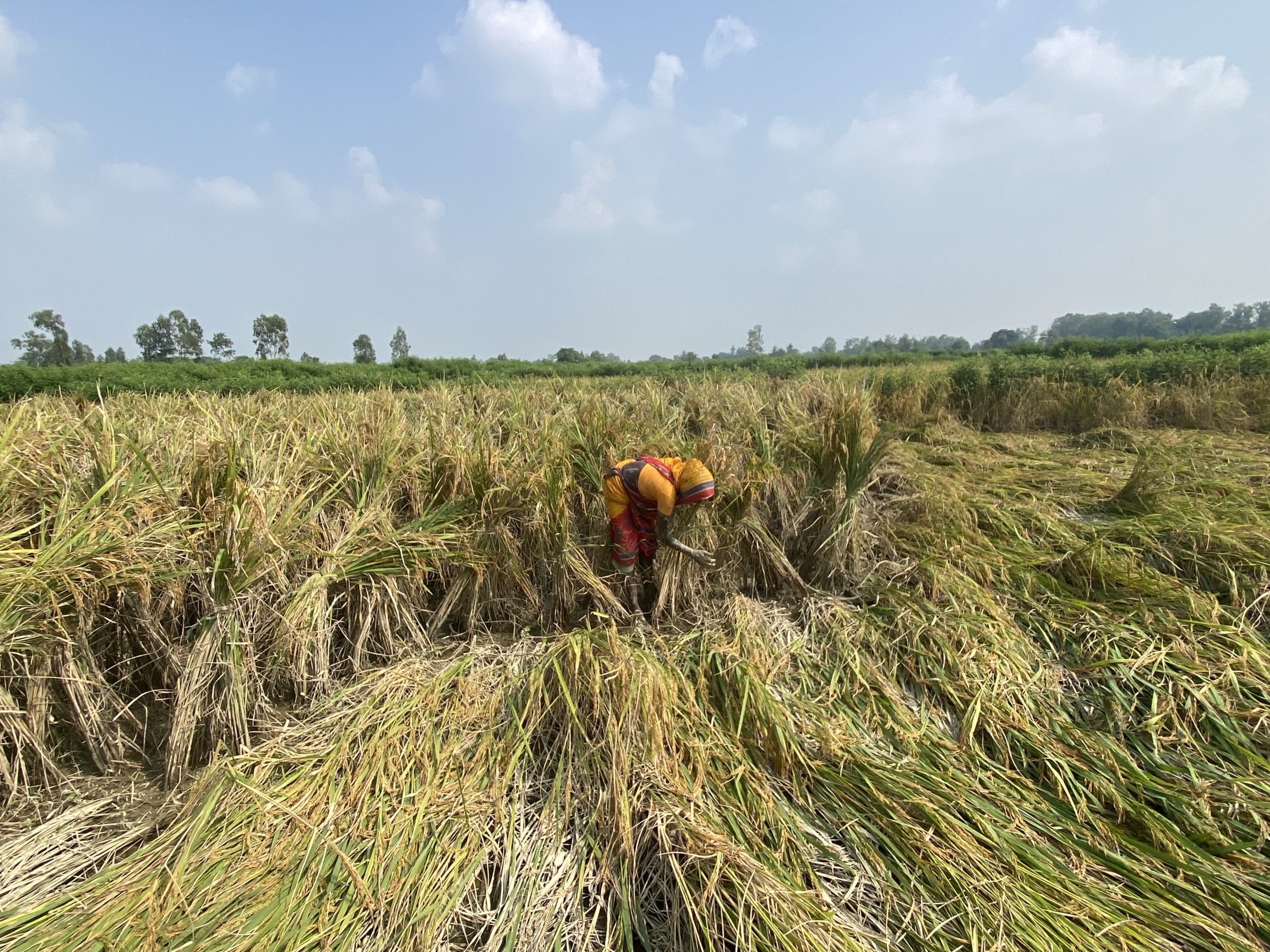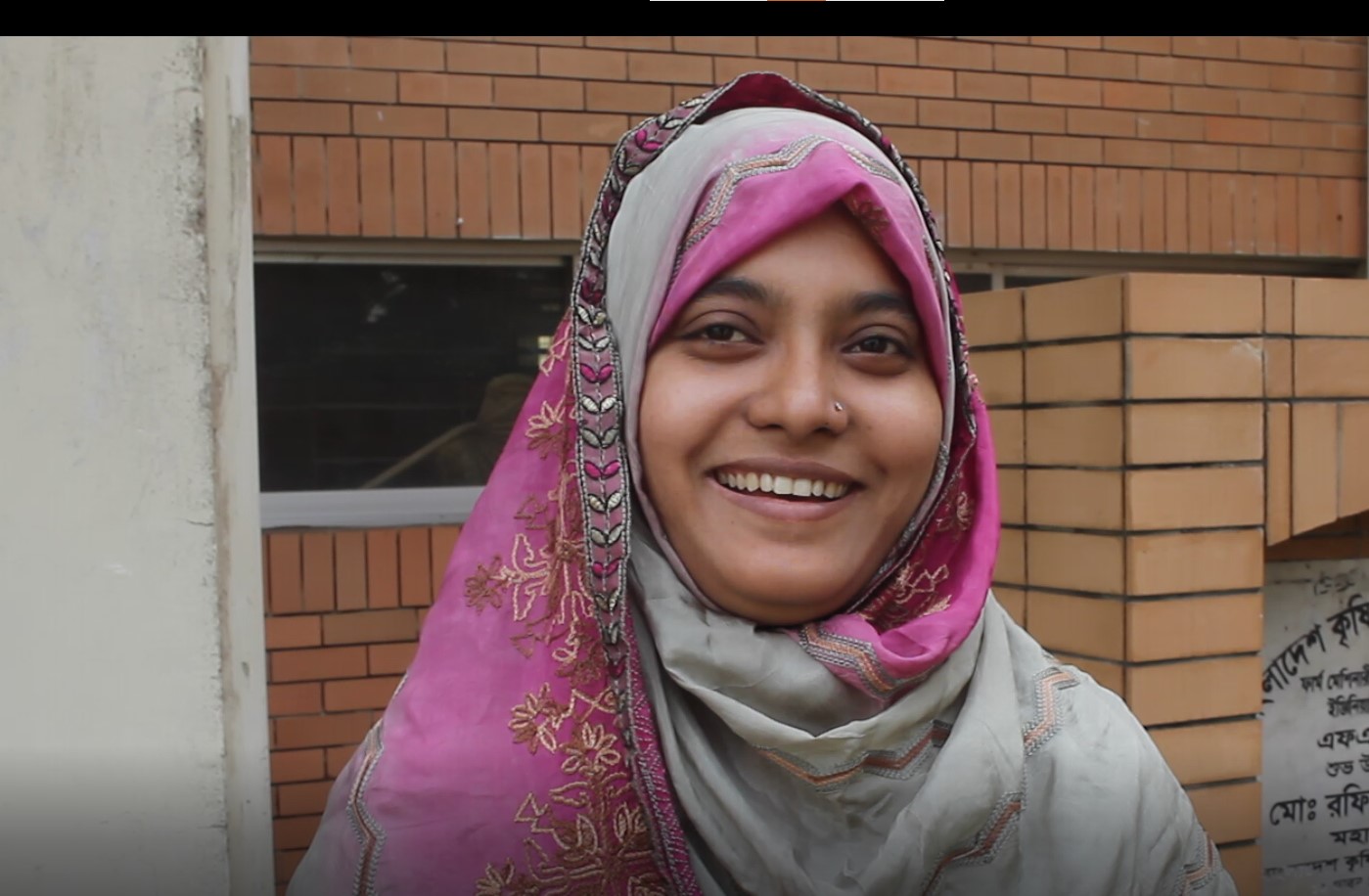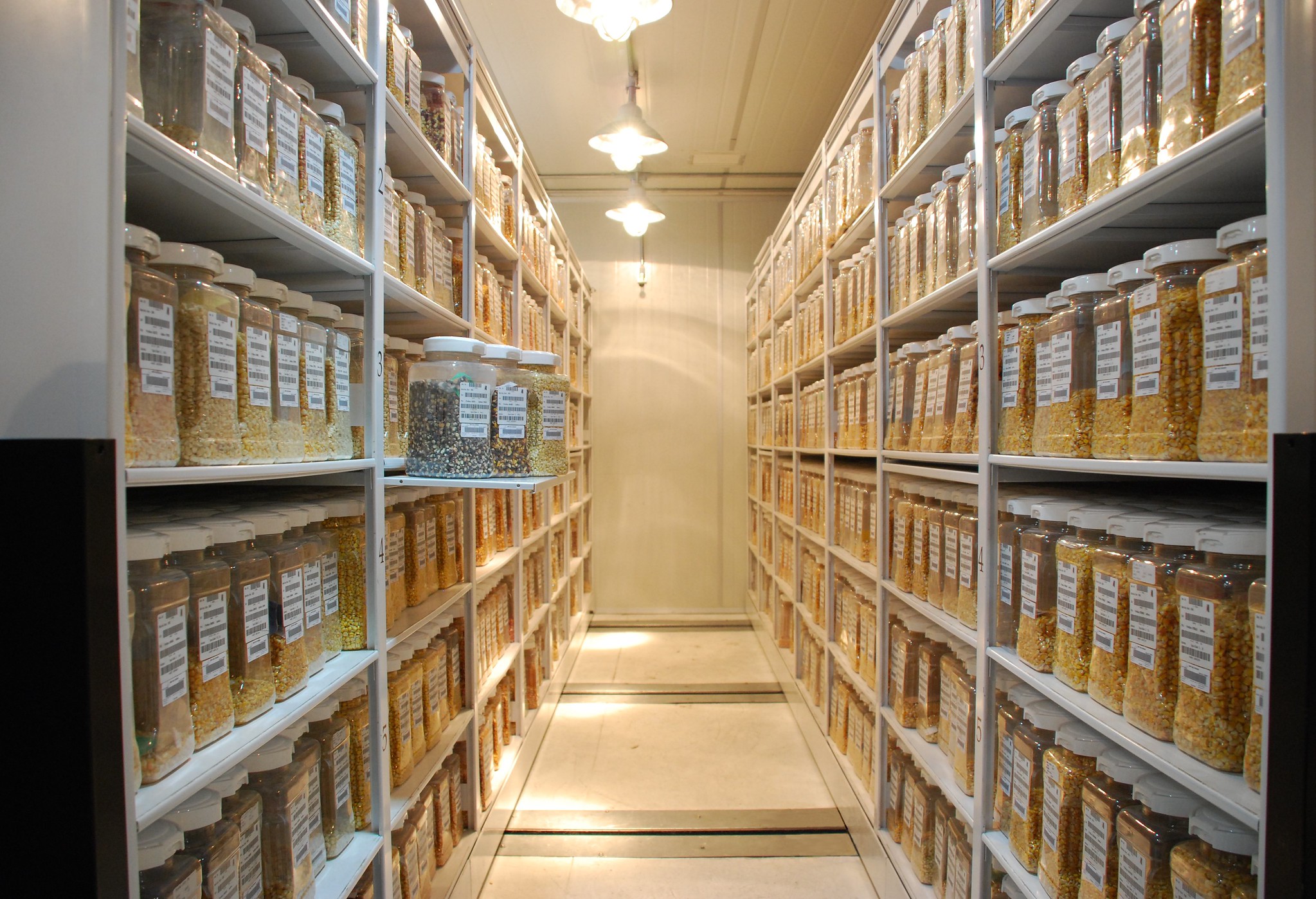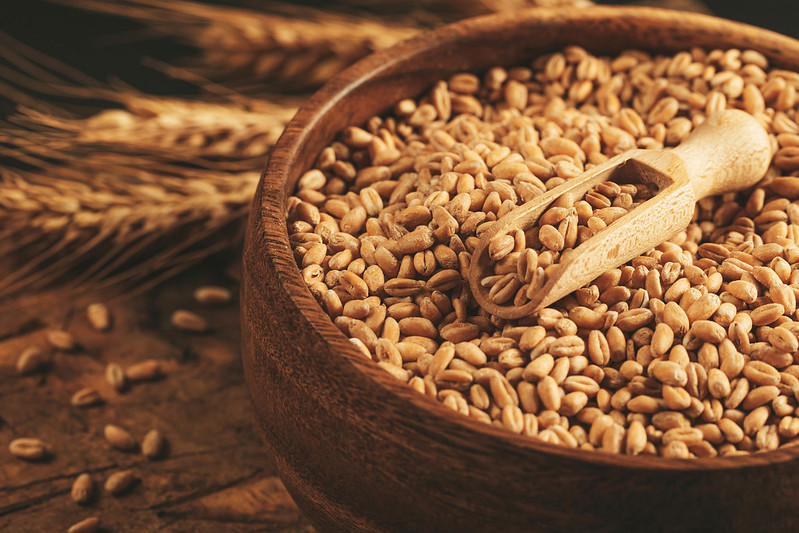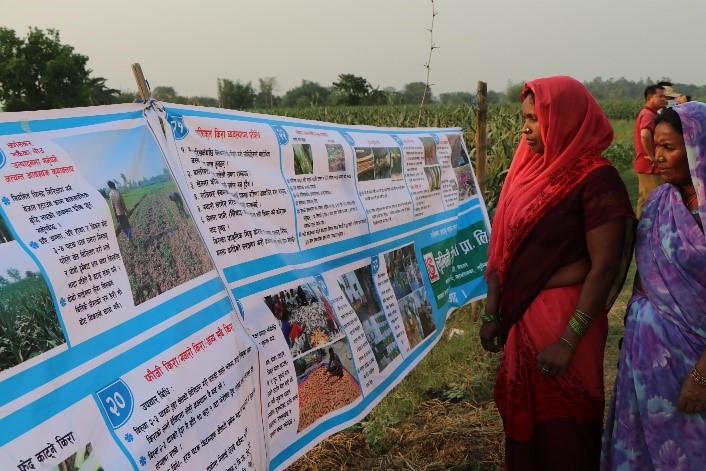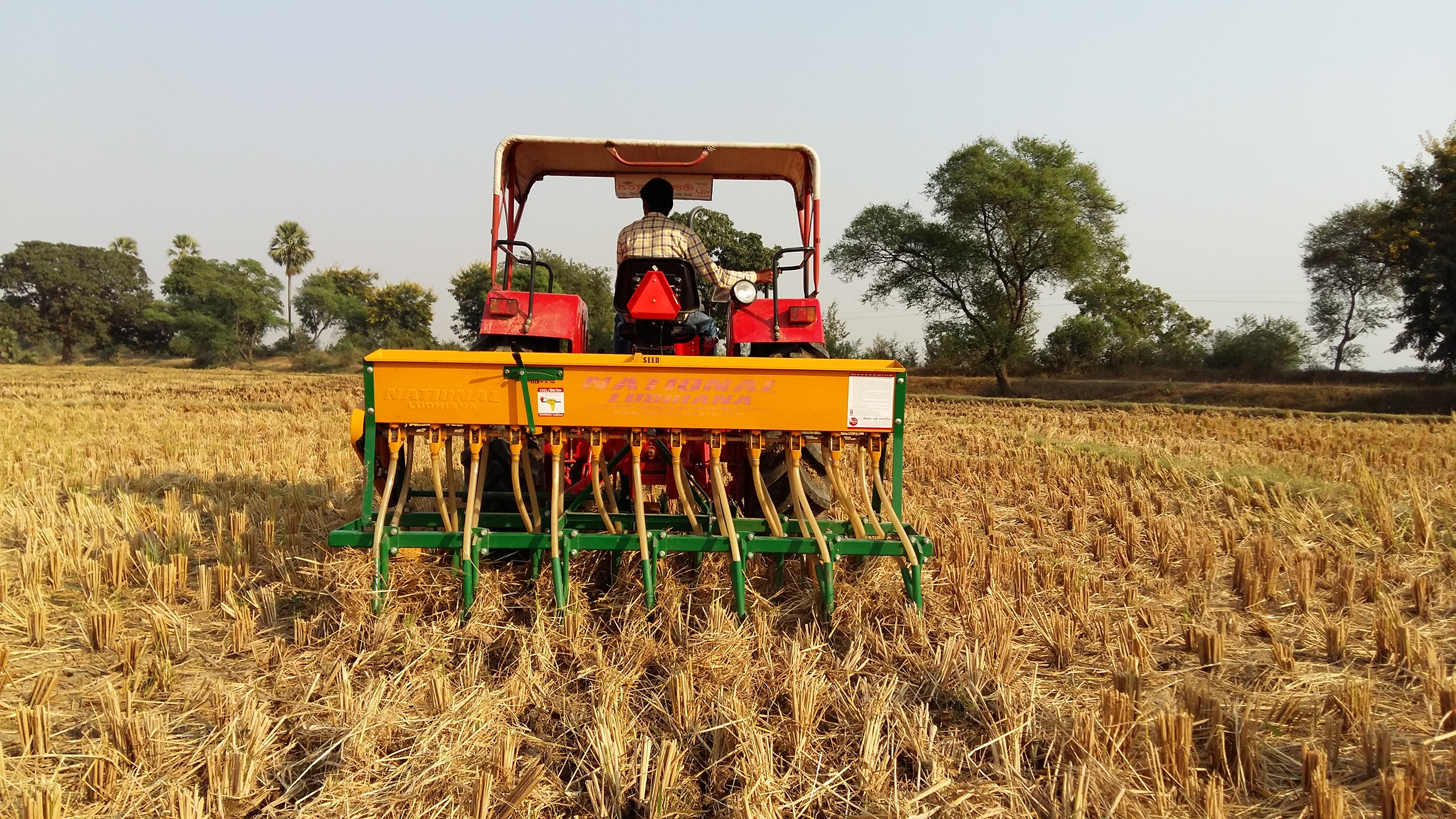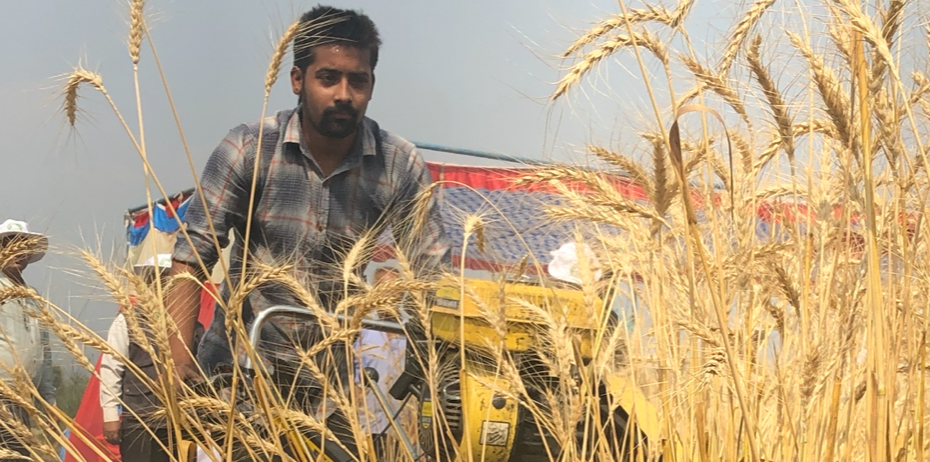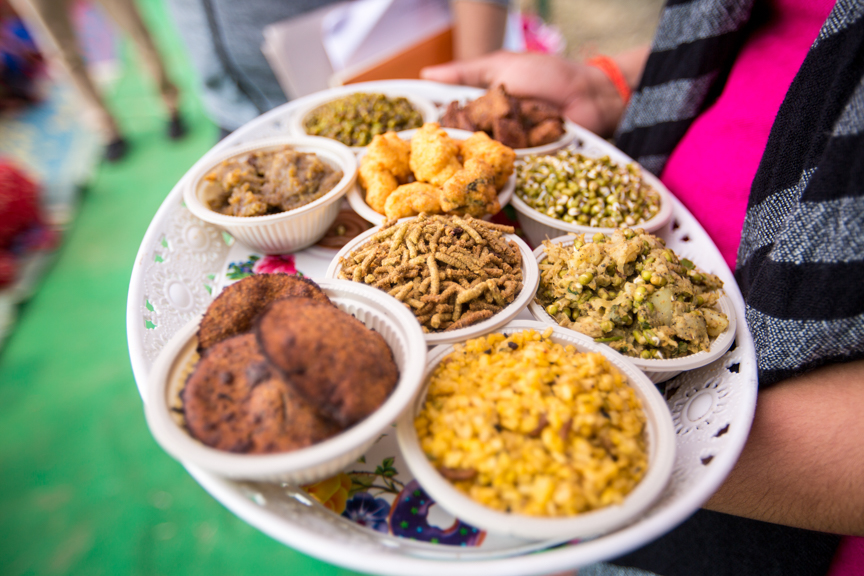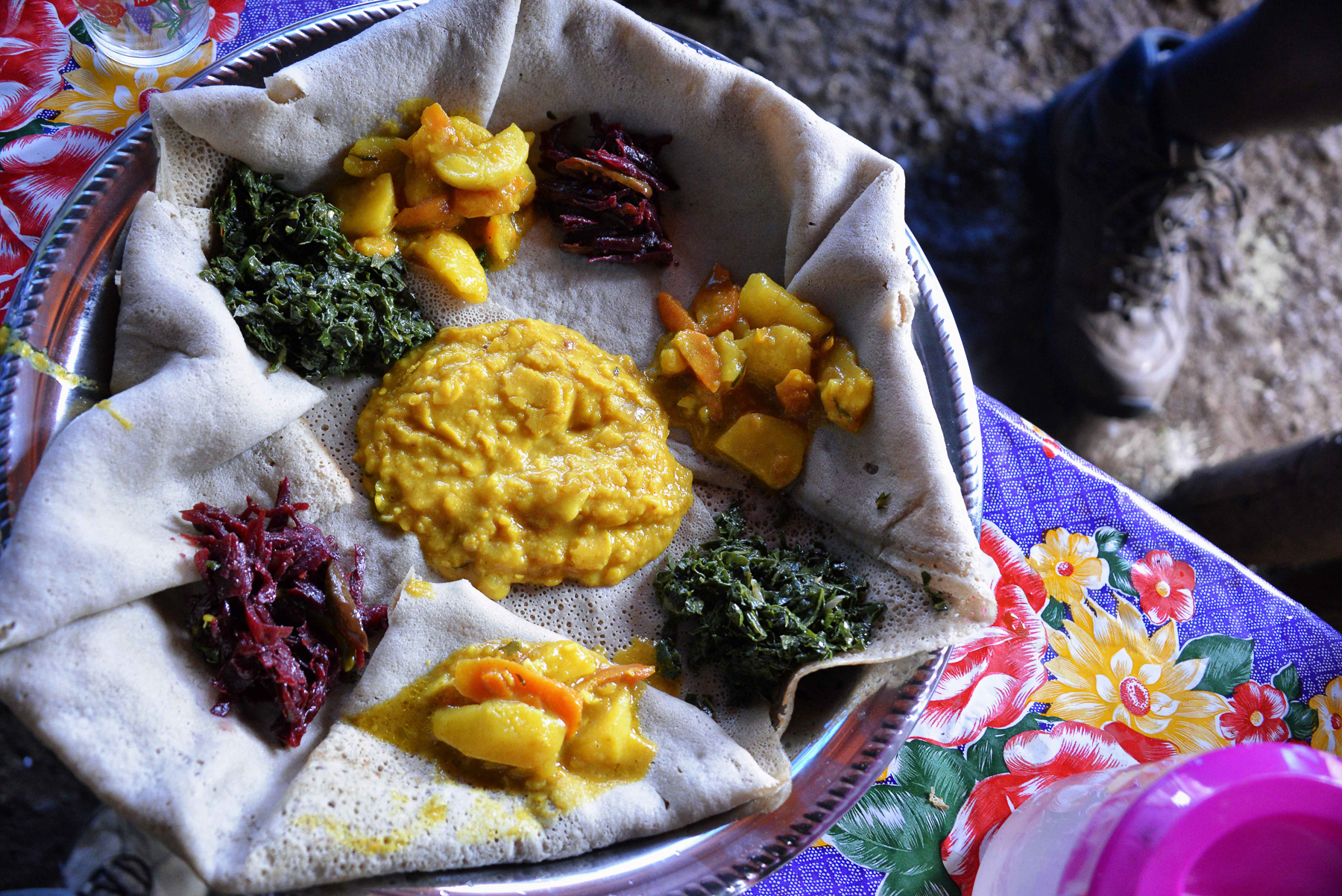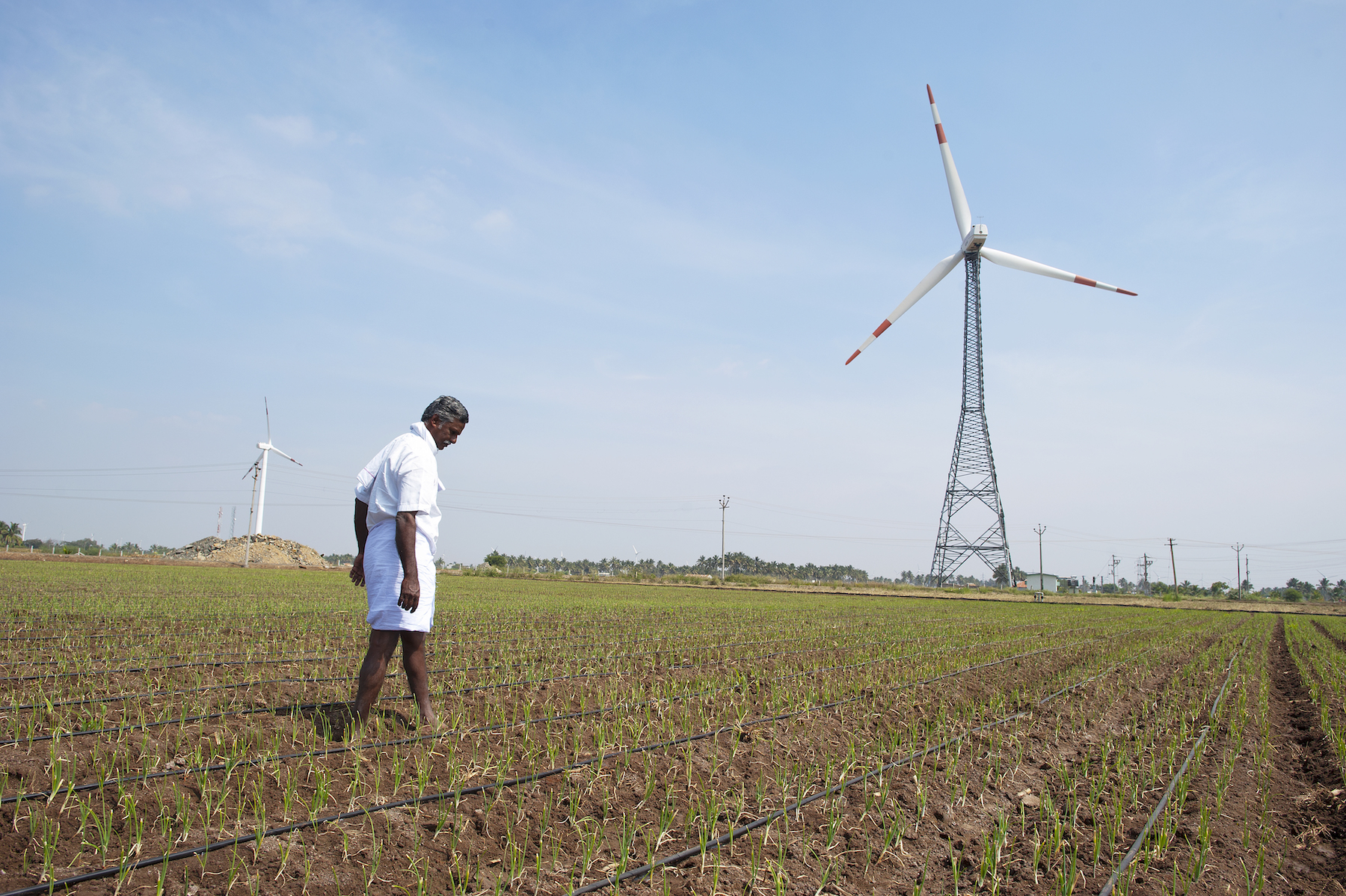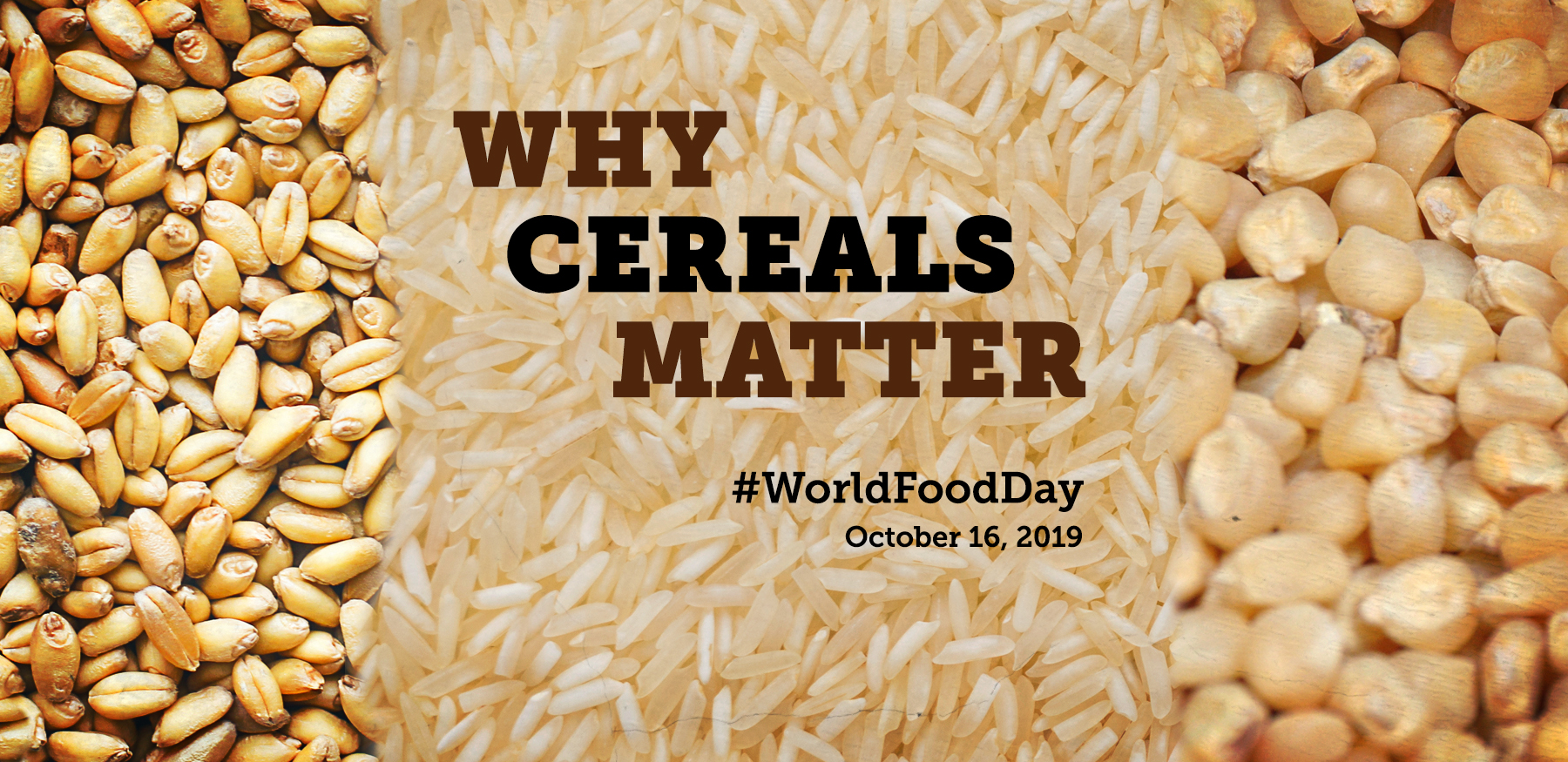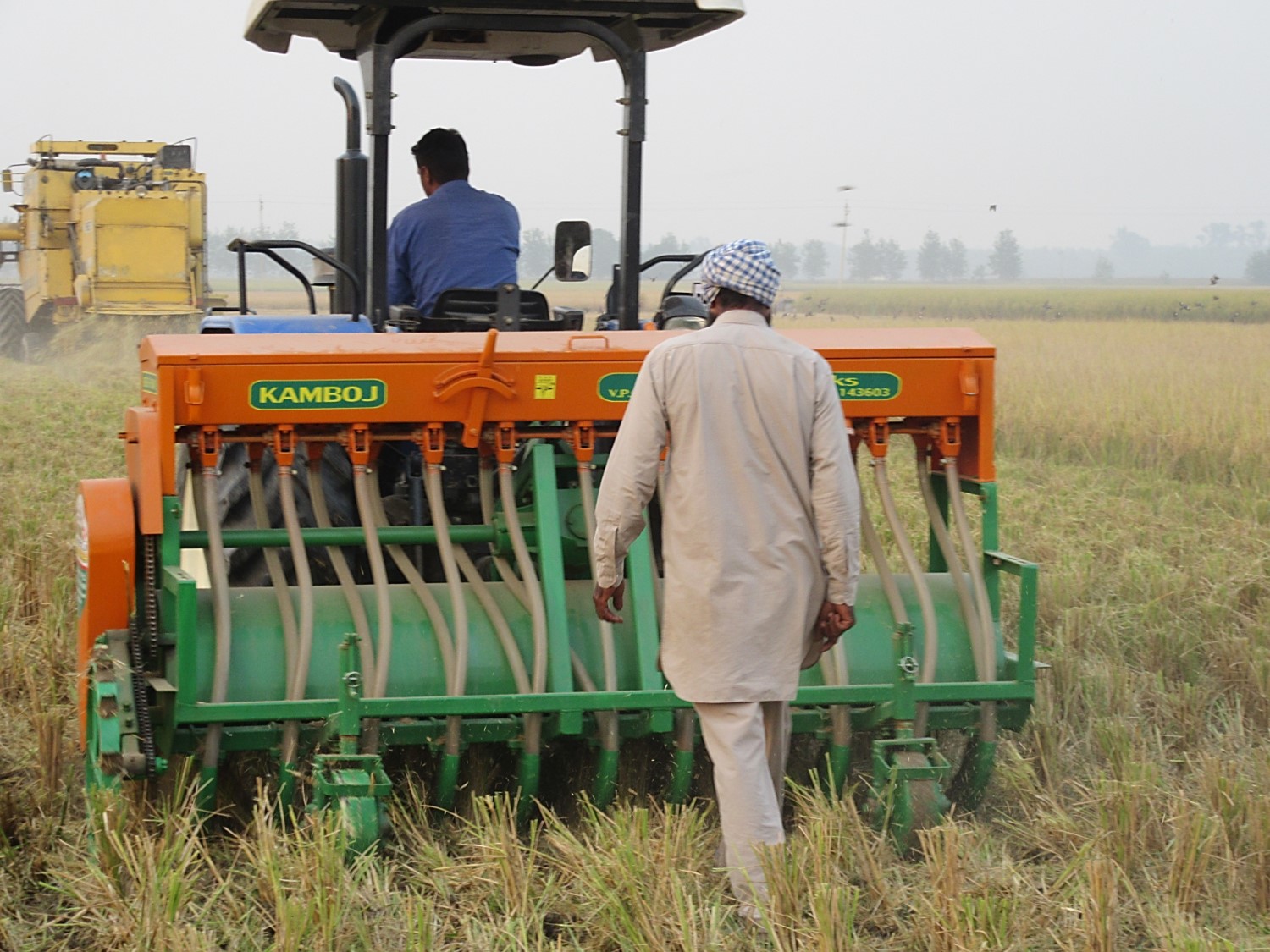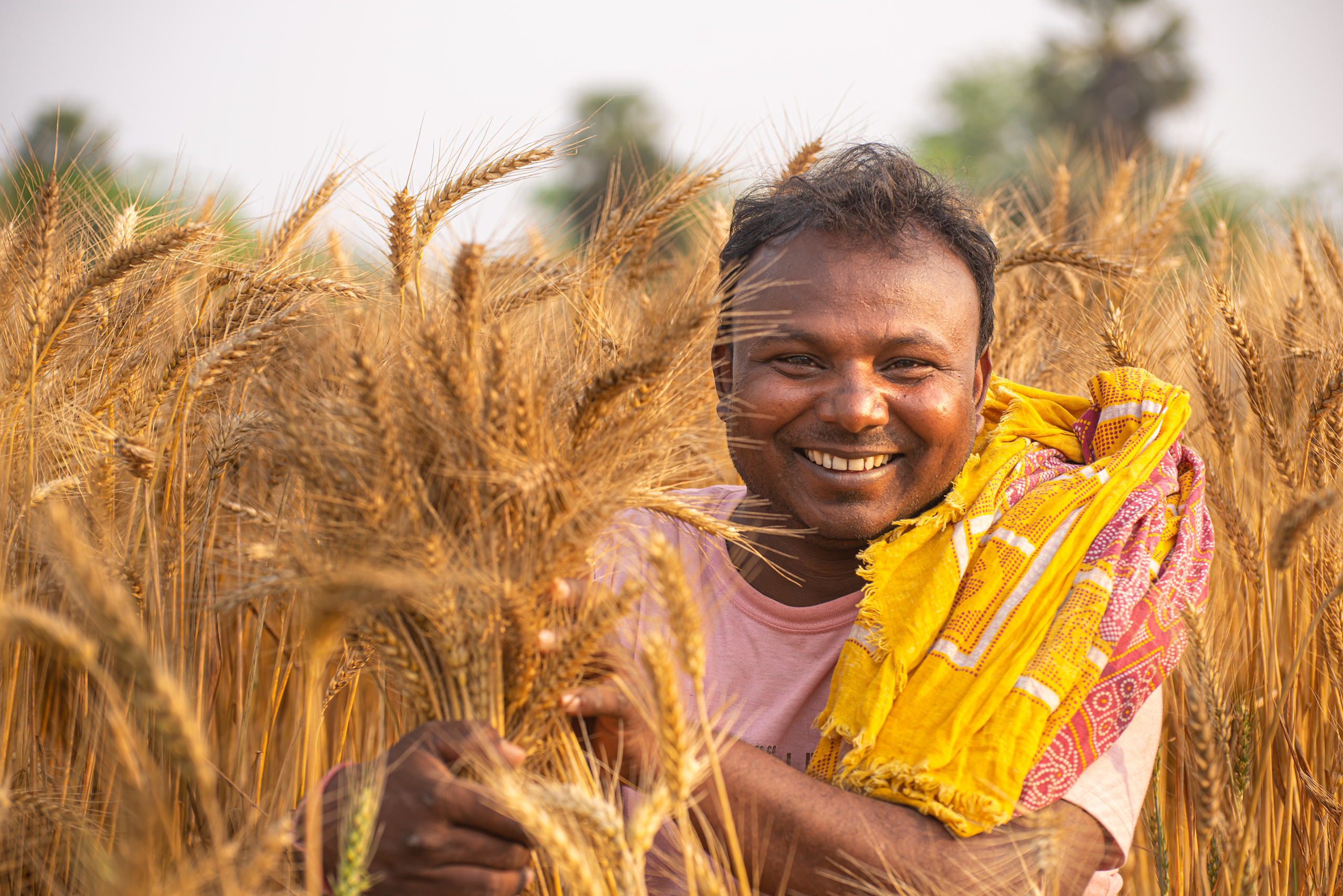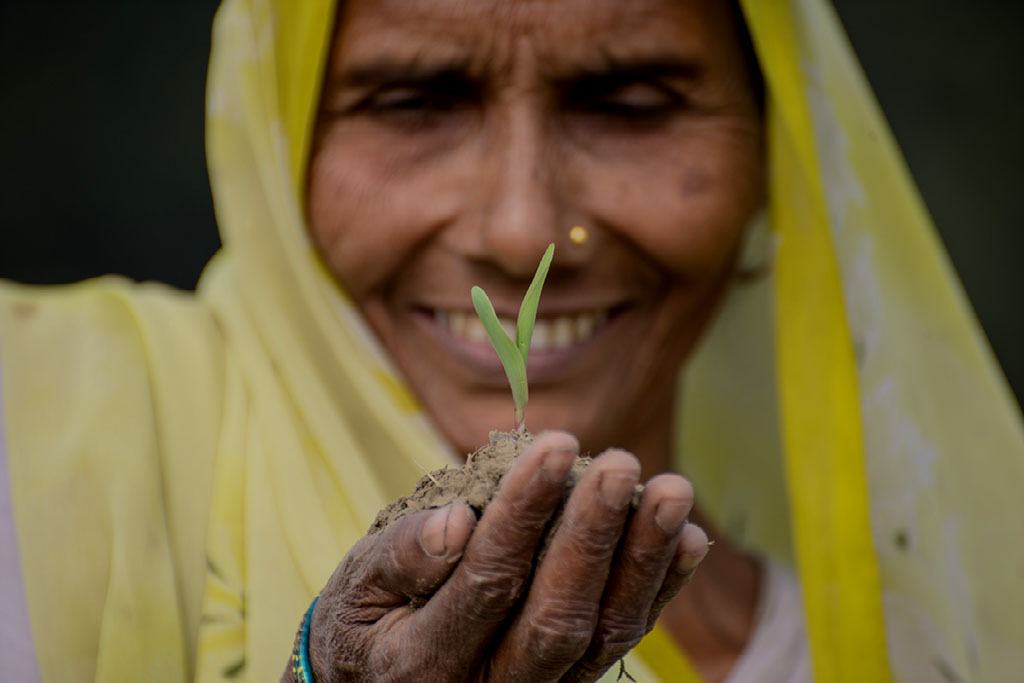rice
Managing seeds and agricultural losses in the wake of extreme climate events: Lessons from Nepal
 Climate adaptation and mitigation
Climate adaptation and mitigation
Assessment of floods in Nepal in October of 2021, which affected seed availability, give clues about actions to mitigate the impact of similar climate shocks on smallholder farmers.
Inspiring change through agricultural training: Women’s stories from Bangladesh
 Gender equality, youth and social inclusion
Gender equality, youth and social inclusion
More than 40% of the global agricultural labor force is made up of women, and in the least developed countries, two in three women are employed in farming.
New endeavor fast-tracks the power of crop diversity for climate resilience
 Climate adaptation and mitigation
Climate adaptation and mitigation
Researchers will source useful gene variations from CGIAR genebanks to develop climate-smart crops.
Cereals research for sustainable health and well-being
 Nutrition, health and food security
Nutrition, health and food security
The current focus in nutritional circles on micronutrient malnutrition and unhealthy eating habits has raised questions about continuing to invest in research on energy-rich cereal crops and related farming systems.
Hybrid seed production and marketing advances
 Capacity development
Capacity development
Fostering private sector engagement to develop and scale locally-produced hybrids seeds in Nepal.
Back to basics: COVID-19 labour crunch brings direct seeding of paddy in focus
 Innovations
Innovations
Source: Down to Earth (15 Jul 2020)
While an estimated 10 percent of India’s 44 million ha of rice is cultivated through direct seeding, the COVID-19 pandemic could lead to an increase in this practice.
Could coronavirus drive farmers to adopt sustainable practices in India’s breadbasket?
 Climate adaptation and mitigation
Climate adaptation and mitigation
Interest in farm machinery and crop diversification spike as farmers respond to COVID-19 labor shortages.
Mechanized harvesting fuels rural prosperity in Nepal
 Innovations
Innovations
The tractor-mounted reaper saves farmers time and money and offers new sources of income.
Small but mighty
 Capacity development
Capacity development
The introduction of mung bean has transformed rice-wheat food systems in Nepal and has been one of the major successes of the Agronomy and Seed Scaling project.
From popcorn to roti
 Nutrition, health and food security
Nutrition, health and food security
What do wholegrain foods look like around the world?
Systems thinking at work in South Asia’s food production
 Environmental health and biodiversity
Environmental health and biodiversity
New blog published by the Chicago Council on Global Affairs argues that balancing food security, rural livelihoods, water for agriculture and air quality need not be a zero-sum game.
The cereals imperative of future food systems
 Nutrition, health and food security
Nutrition, health and food security
The world urgently needs a transformation of the global food system, leading to healthier diets for all and a drastic reduction in agriculture’s environmental impact. The major cereal grains must play a central role in this new revolution for the benefit of the world’s poorest people.
Happy Seeder can reduce air pollution and greenhouse gas emissions while making profits for farmers
 Innovations
Innovations
The average farmer who uses the Happy Seeder can generate up to 20% more profits than those who burn their fields, according to a new study published in Science.
Alternatives to burning can increase Indian farmers’ profits and cut pollution, new study shows
 Climate adaptation and mitigation
Climate adaptation and mitigation
Published in Science, the article provides evidence for national policies that block stubble burning and promote no-till mechanization to manage crop residues.
Reconciling food security, resource depletion and environmental quality trade-offs in India
 Climate adaptation and mitigation
Climate adaptation and mitigation
Policies and technologies key to sustainable development in India’s breadbasket.
